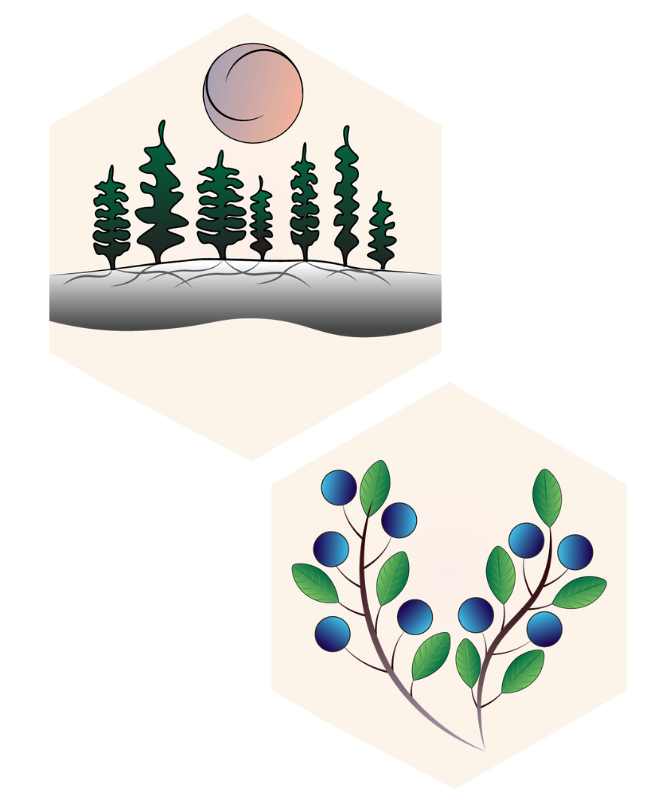
The Fire We Tend
CIP’s Reconciliation Action Plan (RAP), The Fire We Tend: Truth and Relations in Canadian Planning, marks an early milestone of our reconciliation journey. True reconciliation demands sustained effort, long-term partnership, and a commitment to evolve with the needs and voices of Indigenous Peoples. The RAP provides a framework that inspires continuous learning within the planning profession and commits planners to take measurable action toward reconciliation in every area of practice.

Reconciliation starts with an acknowledgement and understanding of the truth, and demands a sustained effort, partnership, and a commitment to evolve.

Our First Steps
CIP’s journey toward reconciliation begins with recognition that the planning profession’s history is rooted in the creation and implementation of the reserve system, the surveying and partitioning of Indigenous lands, and the active removal or suppression of Indigenous planning systems that have shaped vibrant communities for millennia. These actions are not only part of our history, but also live on in current processes, policies, and professional practices.
As an organization, our strength lies in our ability to convene, guide, educate, and advocate for change, mobilizing the profession to embed reconciliation into all aspects of planning work. We commit to providing tools, partnership opportunities, and a united professional voice in support of reconciliation.
- Governance: CIP will revise our governance by-laws to add a new Director position designated for a First Nations, Inuit, or Métis person with skills, expertise, and lived experience in reconciliation, and who is knowledgeable about its application to planning.
- Indigenous Advisory Committee: CIP will establish a new iteration of the Indigenous Advisory Committee, which will play a key role in guiding the implementation of the Reconciliation Action Plan, ensuring the work remains grounded in Indigenous perspectives, knowledge, and priorities.
- Reconciliation Fund: CIP has established a new Reconciliation Fund to alleviate financial barriers to Indigenous participation as members and contributors to the organization’s programs and events.
Taking Action
Our Commitments
The planning profession is interconnected with the process of reconciliation and has a responsibility to facilitate strong, respectful relationships between Indigenous and non-Indigenous peoples.
Pillars of Action
Each pillar represents an area where purposeful change is needed to advance reconciliation within CIP and influence the broader planning profession. Together, they guide CIP’s commitments to amplifying Indigenous knowledge, fostering professional education and collaboration, identifying and working to dismantle systemic barriers, improving planning practices and tools, and ensuring operational transformation within the organization.

Healthy Communities, Sustainability, and Stewardship
Elevating Indigenous knowledge systems to enhance environmental sustainability, health equity, climate resilience, and stewardship in planning.
Identifying Barriers in Planning Systems
Recognizing and documenting institutional obstacles and systemic barriers that hinder Indigenous participation and rights in planning processes.
Education and Capacity Building
Honouring Indigenous histories, rights, and planning principles in planning education and professional development at all levels.
Advancing and Supporting Structural and Policy Change
Working within CIP’s national role and member expertise to support Indigenous-led advocacy, strengthen planners’ understanding of Indigenous rights and legal frameworks, and amplify Indigenous governance systems and priorities within planning policy and practice.
Establishing Partnerships and Collaboration with Indigenous Peoples, Communities, and Organizations
Increasing Indigenous representation, sense of belonging, leadership, and partnership within the planning profession, including alternative pathways and mentorship.
Operational Integration
Transforming CIP’s internal policies, governance, employment, and procurement to make reconciliation, accountability, and Indigenous leadership integral to its culture.
Acknowledgements
The Canadian Institute of Planners extends our profound gratitude to all those who have worked with us to help guide, shape, and strengthen this Reconciliation Action Plan. Foremost, we acknowledge the invaluable leadership and wisdom of the Indigenous Advisory Committee. We further recognize the many Indigenous planners, knowledge keepers, Elders, youth, and community members who have contributed their experiences, insights, and aspirations.

Check out the latest blog posts on reconciliation.

Watch our latest webinars on reconciliation.

Read more resources on reconciliation.